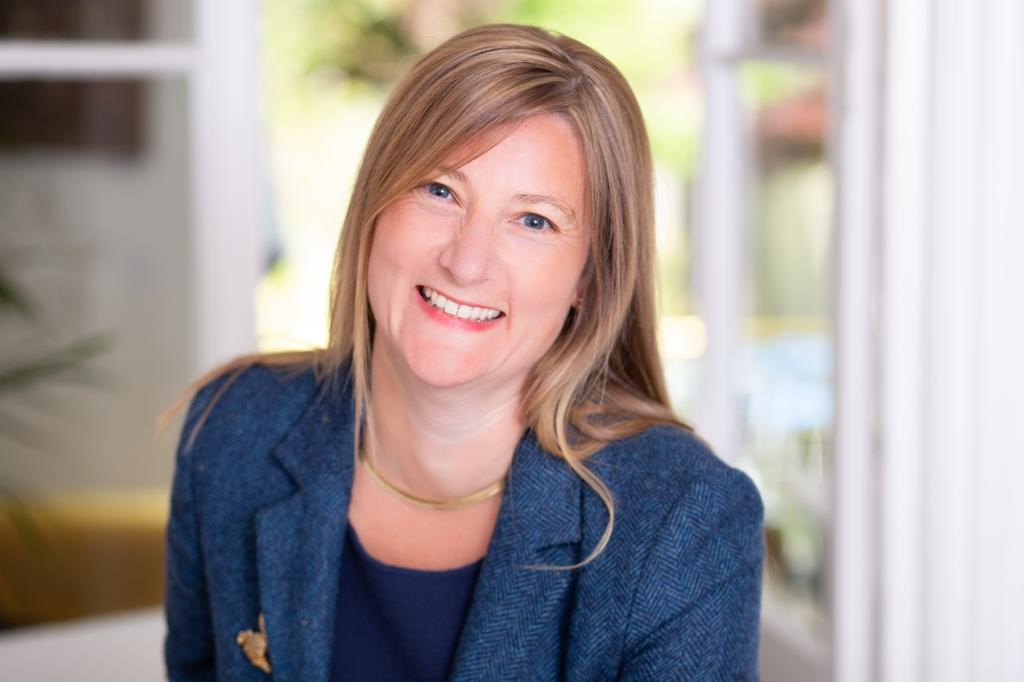
I need to write about why love is still taboo for many leaders. How to answer, what to say without sounding slushy and hippielike. And then, I come across a video of Volodymyr Zelensky and his wife singing ‘Endless Love.’ Tears come to my eyes, I well up. He is the leader of the Ukraine, fighting for his country’s survival, with his wife by his side and here he is on a video, playing the guitar and singing with his wife about how much they love each other. What a man. What a couple. What leaders.
So, I have no excuse, if they are prepared to publicly sing about love, then I’d better get on with this article.
The Greeks refer to seven types of love. In this video we experience Eros: romantic love between Volodymyr and Olena. Over the last few weeks, the world has witnessed Olena Zelensky publicly show Storge: unconditional, familial love as she stands by her man during a frightening war. And clearly as Volodymyr has stepped onto the international stage, calling for support and remaining firmly rooted in his country, we see his Agape: selfless, universal love in action and it has called the world into action. The world is witnessing a leader comfortable with many types of love.
For me, love is about interpersonal relationships, it doesn’t matter whether it is at work, at home, with friends or with strangers. I believe that if we can be as comfortable as Volodymyr is about embracing all the types of love that exist, then we step more into our full potential and our authentic self. And obviously we need to use our discretion about which type of love is appropriate in each of the environments we find ourselves.
It is universally agreed that the opposite to love is fear. And again, this is seen very clearly in the attitude of the Ukrainians in the current war. I experience the Ukrainians responding from a place of love: for their family, for their country, for themselves rather than a place of fear. Of course, they are scared but they are reacting from a place of love rather than fear. Let me explain more.
Fear is an unpleasant emotion caused by the threat of danger, pain, or harm. Fear causes physiological changes that may produce behavioral reactions such as mounting an aggressive response or fleeing the threat, which in extreme cases of fear (horror and terror) can be a freeze response or paralysis.
As Kübler-Ross and Kessler say, ‘If we’re in fear, we are not in a place of love. When we’re in a place of love, we cannot be in a place of fear’. As opposites, love and fear cannot be felt at the same time.
I believe that there are only two ways to approach life – from a place of love or fear. John Lennon once said that when we’re afraid, we pull back from life and that ‘when we are in love, we are open to all that life has to offer with passion, excitement and acceptance’. Living from a place of love is about being vulnerable, trusting, being grateful and being open. It’s about seeing the best in people and trusting that no one sets out to do a bad job. In contrast, many organisations are run from a place of fear, with rules, consequences, sticks but not many carrots, hierarchies, command and control, and ‘Do as I say, not as I do.’ The word love can be threatening to some leaders, but I’m finding that there’s less resistance to the L-word than, say, five years ago. As humans, we all want to be loved – so why not at work as well? Authentic leadership is a love-based approach to managing people and an antidote to the traditional fear-based approach.
‘Putting love and heart into business results in stronger and more profitable companies – our business is one of the proofs of the pudding’.

Our experience in working with leaders has been that when a leader opens their heart to all the types of love that exist and responds and interacts from love, then a business flourishes and their employees are happier and therefore more productive and in flow. If a leader responds and interacts from a place of fear, then a business contracts and their employees are in a constant state of fight, flight or freeze. Customers then pick up on this and this affects business.
 About the author
About the authorEudora Pascall is co-author, with Andrew Thornton, of Putting the Heart Back into Business: How to place people, planet and purpose at the core of what you do.
